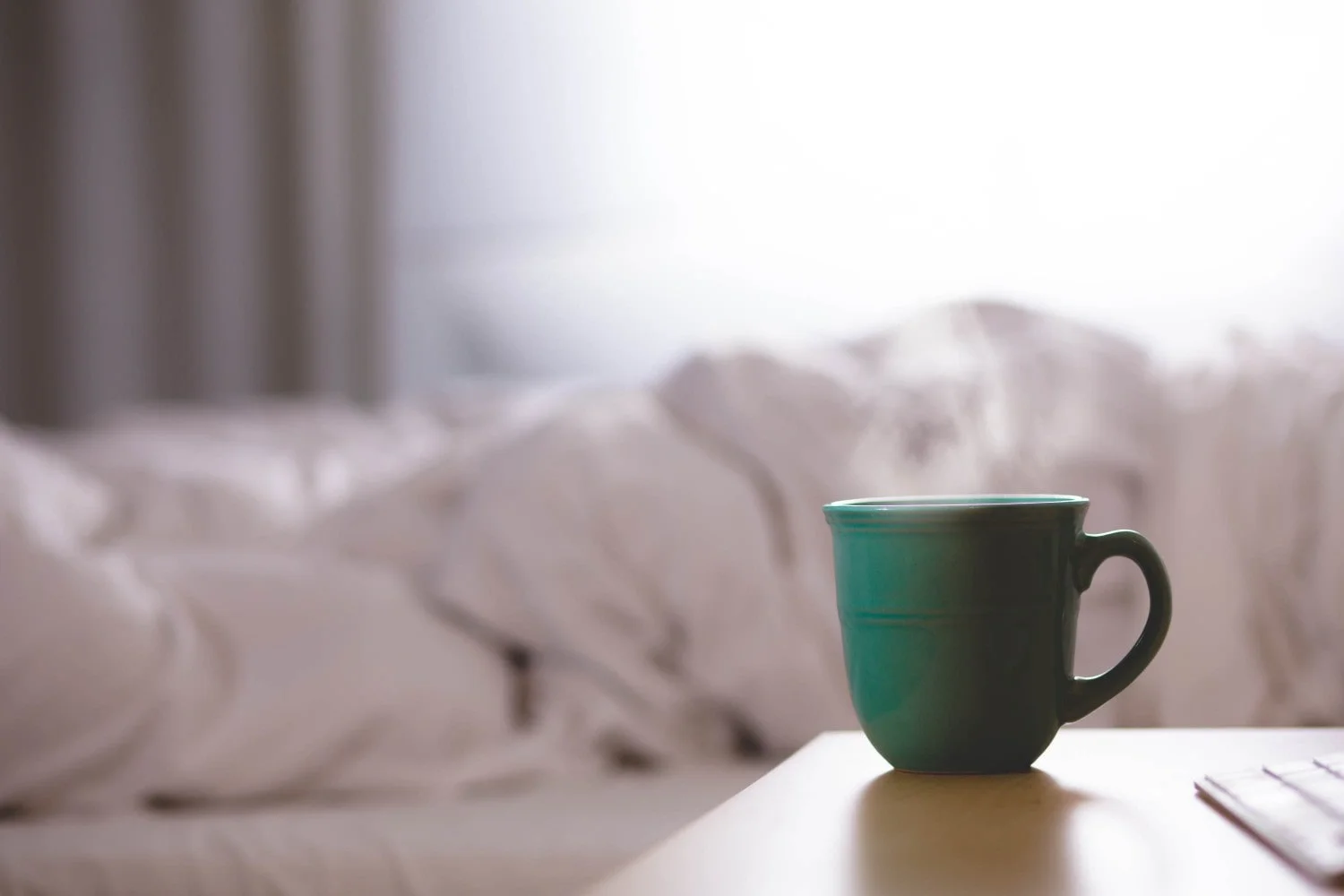Using Monolaurin During the Worst Flu Season
Disclaimer: The research below is offered for information and educational purposes only and is not intended to provide medical advice. See Terms & Conditions
Flu
Season
The 2017 - 2018 Flu Season is set to be one of the worst on record. The CDC (Centers for Disease Control and Prevention) announced that for the first time since the agency has been monitoring the spread of flu, US widespread flu activity has become an "epidemic" (Ref #1).
Unfortunately for those who received a flu shot this season, the 2017-2018 vaccine seems to be a relatively poor match, with an estimated 30% efficacy against the H3 strain of the virus.
To support their immune system this flu season, many people have turned to dietary supplements, including monolaurin. Monolaurin is a natural supplement found in coconut oil, and has been shown in various studies to be effective in supporting immune response in the presence of viruses, including flu virus (Ref #2, 3).
Here are some research highlights and consideration on how monolaurin may be helpful in supporting your immune health this season:
Monolaurin may support the immune system before exposure
Monolaurin has been studied in some reports for its ability to support the immune system even before exposure to pathogens (Ref #4). A strong immune system may help you avoid time off work and days spent in bed.
"Table 1 showed that the reduction in trophozoite forms of G. lamblia in intestinal contents was 67.0% in group (3) treated with monolaurin pre-infection and 87.34% in the group (4) treated with monolaurin post-infection compared to infected control group (1). The reduction in the cysts of G. lamblia treated with monolaurin pre and post infection (group 3 and 4) was 73.96 and 91.15%, respectively (Table 2)." [Ref # 4]
Monolaurin may support immune response if you’re sick
Monolaurin has been included in studies which suggest its may possess the ability to inactivate some enveloped viruses in laboratory settings, which include influenza (Ref #5). Monolaurin's potential immune-supporting properties have been the subject of various studies, and may be a natural alternative to immune health this season.
“Monolaurin alone and monolaurin with tert‐butylhydroxyanisole (BHA), methylparaben, or sorbic acid were tested for in vitro virucidal activity against 14 human RNA and DNA enveloped viruses in cell culture. At concentrations of 1% additive in the reaction mixture for 1 h at 23°C, all viruses were reduced in infectivity by >99.9%. Monolaurin with BHA was the most effective virucidal agent in that it removed all measurable infectivity from all of the viruses tested. The compounds acted similarly on all the viruses and reduced infectivity by disintegrating the virus envelope.” (Ref #6)
Avoiding strain dependence - H3 and H3N2
Unlike flu shots which are manufactured to be particularly effective against one or two flu strains, monolaurin is not strain-dependent (Ref #3). Whatever strain of flu may be circulating in a particular flu season, a strong immune system is the best defense.
“Factors obtained from human milk [this Bulletin, 1954, v. 29, 676] which had been passed over a cation-exchange column lost both antiviral activity against influenza A virus (PR8) and toxic effect on the pieces of chorio-allantoic membrane (CAM) used for infectivity titrations. Material eluted from the column showed marked antiviral activity and toxicity to CAM, and had a high copper content.” (Ref #3)
Washing hands frequently, staying at home, and getting the flu vaccine are still the best ways to avoid getting sick.
If you do find yourself faced with an immune challenge, monolaurin might help support your immune system this season.
As with any dietary supplement, it is best taken with the help and under the supervision of a healthcare professional.
References:
Lieberman S, Enig MG, Preuss HG. A Review of Monolaurin and Lauric Acid - Natural Virucidal and Bactericidal Agents. Alternative & Complimentary Therapies. 2006 December. Georgetown University Medical Center
Silver RK et al. Factors in human milk interfering with influenza-virus activities. Science 123:932-933, 1956
Fahmy ZH, Aly E, Shalsh I, Mohamed AH. The effect of medium chain saturated fatty acid (monolaurin) on levels of the cytokines on experimental animal in Entamoeba histolytica and Giardia lamblia infection.African Journal of Pharmacy and Pharmacology. January 2014.
Kabara JJ. The Pharmacological Effect of Lipids. Champaign, Ill, USA: American Oil Chemist’s Society; 1978. Page 92
JOHN C. HIERHOLZER JON J. KABARA. "IN VITRO EFFECTS OF MONOLAURIN COMPOUNDS ON ENVELOPED RNA AND DNA VIRUSES" Journal of Food Safety Volume 4, Issue 1. March 1982, Pages 1-12
